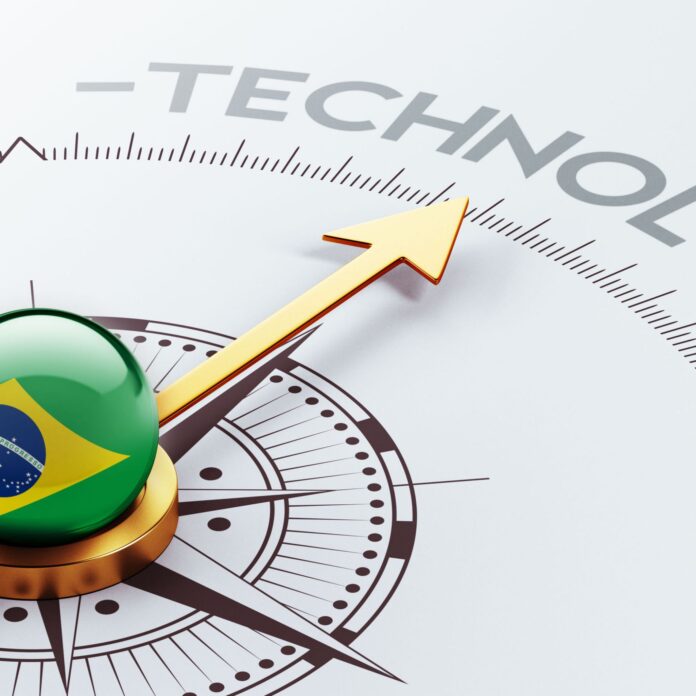SÃO PAULO — The concept of smart cities comprises various “Internet of Things” solutions. Combined, IoT and smart cities can help facilitate citizens’ lives and make public administration more efficient.
In Brazil, the adoption of IoT is still in the early phases, though at this week’s Futurecom event, companies showed solutions from smart lighting, audio analytics and other technologies to improve security.
During a panel about how IoT is transforming the connected society and generating new business opportunities, Telefonica Vivo’s Pablo Ernesto Larrieux noted all existing products can, eventually, be transformed using the technology.
“The new information that all of this will generate will allow a great addition of value,” he stated.
As examples of industries taking the lead in IoT, Nokia’s Fernando Carvalho pointed to the automobile industry, utilities and agriculture as the most advanced verticals.
“Today we already have connected cars that can do several things. In the agriculture field, the use of 450 MHz for telecom services in Brazil will make possible productivity increase,” he said.
However, the growth in adoption of IoT still depends on improving security and developing standards. In Brazil, the federal government is working on a plan to understand the evolution of IoT in the country. Arthur Coimbra, from the Communications Ministry, told RCR Wireless News the plan could be launched during the first part of next year, containing incentives for development and growth of the IoT industry.
One of the keys to transforming a city into a smart city is to integrate different IoT solutions and use the data generated for action. Fabio Hashimoto, software solutions manager at PromonLogicalis, showed some use cases for IoT and commented on how big data is essential to the success of IoT projects. To gather different sources of data and analyze them gives a vast perspective on what’s happening in the city.

